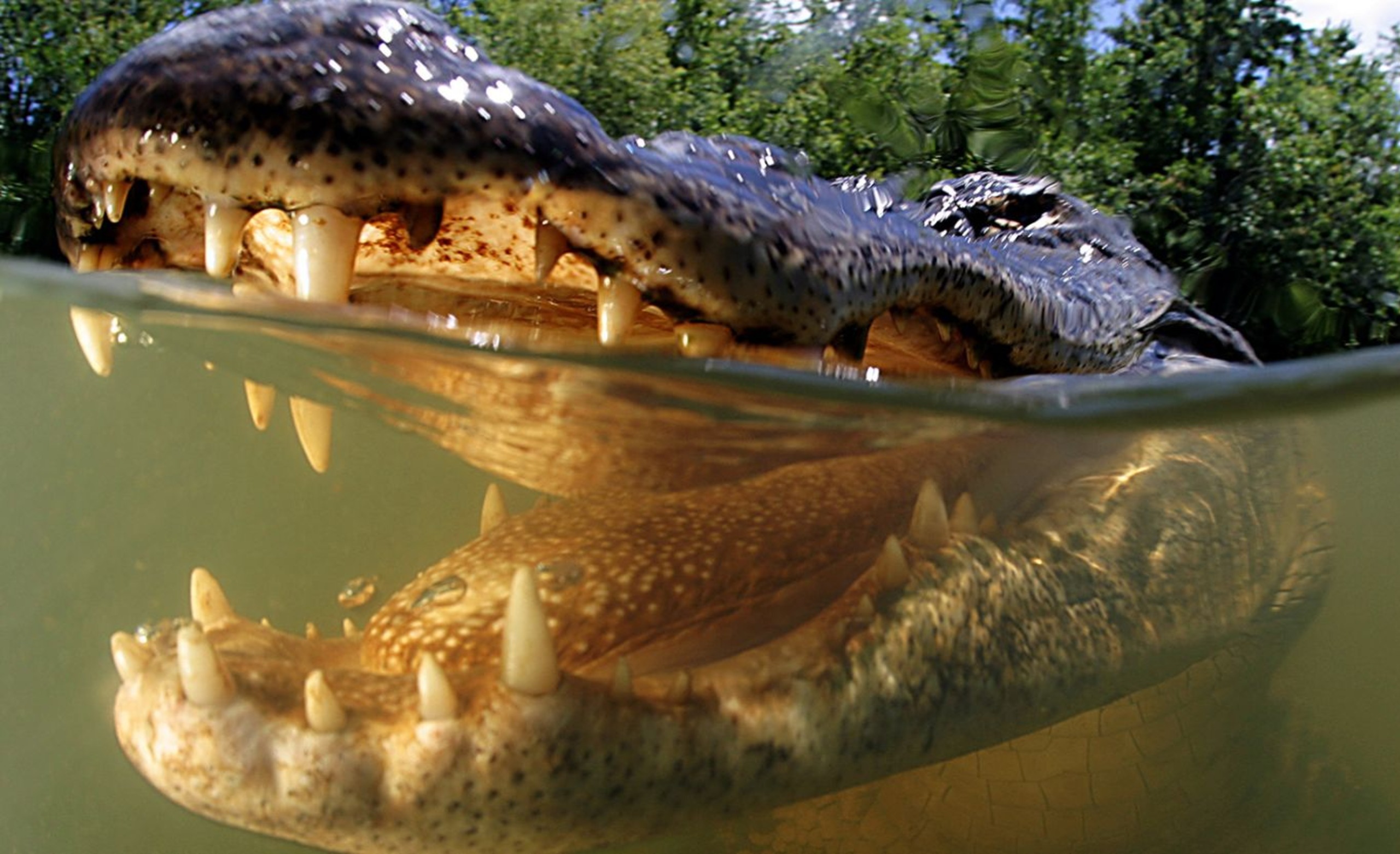
Surviving An Alligator Attack
Welcome to our ultimate guide on surviving an alligator attack. Picture this: you’re enjoying a peaceful hike near a shimmering swamp when suddenly, you spot a pair of eyes staring back at you from the murky water. Alligators, with their powerful jaws and stealthy nature, are fascinating yet fearsome creatures that demand respect in their natural habitat.
In this blog post, we will delve into the world of alligator attacks – how to understand their behavior, precautions to take when in alligator territory, what to do if you encounter one, and most importantly, how to survive an alligator attack. So lace up your boots and let’s explore the wild side of these ancient predators together!
Understanding Alligator Behavior
Alligators are fascinating creatures with distinct behaviors that are important to understand, especially if you find yourself in an area where they reside. These reptiles are typically shy and will avoid humans whenever possible. However, they may become aggressive if they feel threatened or cornered.
Alligators have a powerful bite force that can easily injure or even kill their prey. They often lurk beneath the water’s surface, waiting for unsuspecting animals to approach for a drink. Their stealth and patience make them formidable predators in their environment.
During mating season, alligators can become more territorial and aggressive as they compete for mates and establish dominance within their territory. It’s essential to be aware of these behavioral changes when venturing into areas known to have alligator populations.
Understanding alligator behavior can help you better navigate their habitats safely and reduce the risk of encountering a potentially dangerous situation with these remarkable creatures.
Precautions to Take in Areas with Alligators
When venturing into areas known to have alligators, it’s crucial to be vigilant and informed. Always stay alert near bodies of water where alligators are commonly found. Keep a safe distance from the water’s edge and avoid swimming or allowing pets to play in these waters.
Be mindful of posted warning signs indicating the presence of alligators in the area. These signs are there for your safety and should not be ignored. Avoid feeding any wildlife you encounter, as this can attract alligators looking for an easy meal.
If you spot an alligator nearby, do not approach it or attempt to feed it. Respect their space and remember that they are wild animals capable of unpredictable behavior. Keeping a respectful distance is key to preventing potential encounters.
Remember that while alligator attacks are rare, taking precautions and being aware of your surroundings can help minimize any risks associated with sharing their habitat.
What to Do if You Encounter an Alligator
Imagine you’re out for a peaceful walk near a body of water, and suddenly you come face to face with an alligator. Stay calm, and slowly back away without making any sudden movements. Do not turn your back on the alligator; maintain eye contact as you retreat.
If the alligator starts to approach or shows signs of aggression, make yourself appear larger by raising your arms and making loud noises. Use any nearby objects like sticks or rocks to intimidate the animal further. Remember, running away from an alligator can trigger its natural instinct to chase.
In the rare event that the alligator attacks, focus on protecting your head and neck – these are its primary targets. Aim for its eyes or try to hit it in sensitive areas like its snout if possible. Fighting back vigorously may deter the alligator from continuing its attack.
Always prioritize your safety first when encountering wildlife like alligators in their natural habitat. Being prepared mentally for such situations can increase your chances of safely navigating through them unharmed.
How to Survive an Alligator Attack
When faced with an alligator attack, it’s crucial to remain calm and focused. Do not panic or make sudden movements that could provoke the alligator further. Slowly back away from the alligator while keeping eye contact to show you are aware of its presence.
If the alligator begins to approach you aggressively, use any nearby object as a distraction by throwing it in the opposite direction. This can buy you valuable time to escape safely. Avoid turning your back on the alligator at any point during this encounter.
In the unfortunate event that the alligator manages to grab hold of you, fight back with everything you’ve got. Target its eyes and snout, as these are sensitive areas that may cause it to release its grip. Remember, survival is your priority in this life-threatening situation.
Seek immediate medical attention after surviving an alligator attack for proper treatment of any injuries sustained during the incident. It’s essential to prioritize your physical well-being and mental recovery following such a traumatic experience.
Recovering from an Alligator Attack
Recovering from an alligator attack can be a physically and emotionally challenging journey. The road to recovery may vary depending on the severity of the injuries sustained during the encounter. It is essential to seek immediate medical attention to address any wounds or trauma inflicted by the alligator.
Physical therapy and rehabilitation are often necessary to regain strength and mobility after such a traumatic event. Embracing a positive mindset and staying determined throughout the recovery process can play a crucial role in healing both physically and mentally.
Support from loved ones, friends, or even counseling services can offer valuable emotional support during this difficult time. Reflecting on the experience, processing emotions, and seeking professional help if needed are vital steps toward full recovery.
It’s important to remember that healing takes time, patience, and perseverance. While scars may remain as reminders of the ordeal, they also serve as symbols of resilience and survival.
Conclusion
Being knowledgeable about alligator behavior and taking necessary precautions can greatly reduce the risk of an alligator attack. Remember to stay alert in areas where alligators are present, keep a safe distance if you encounter one, and never approach or feed them.
If faced with an attack, remember to fight back aggressively and aim for the eyes and snout. Seek immediate medical attention after surviving an attack to prevent infection and aid in recovery.
By staying informed and prepared, you can increase your chances of survival in the event of encountering an alligator. Stay safe!



